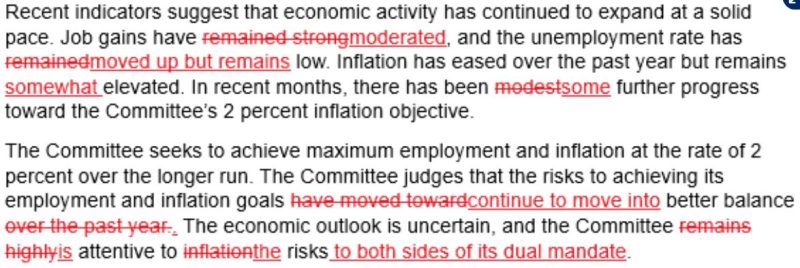In recent times, the Federal Reserve has embarked on a controversial path involving the manipulation of interest rates and monetary policy. This has resulted in a series of unintended consequences that have reverberated throughout the global economy, ultimately leading to an increasing sense of unease among the general population. The actions taken by the Fed, while done with the intention of stabilizing the economy, have instead created a nightmarish scenario where the central bank wields unprecedented power over financial markets and individuals’ livelihoods.
One of the primary concerns surrounding the Fed’s actions is the manipulation of interest rates. By artificially suppressing interest rates, the central bank aims to encourage borrowing and spending, which theoretically stimulates economic growth. However, this approach has had negative repercussions, particularly for savers and retirees who depend on interest income from their savings. With interest rates at historic lows, these individuals are left with limited options for generating a reasonable return on their investments, forcing many to take on more risk than they would prefer.
Moreover, the Fed’s policy of quantitative easing has led to a bloated balance sheet that now stands at levels never before seen in history. This massive expansion of the money supply has raised concerns about inflation and the long-term stability of the financial system. As the Fed continues to pump trillions of dollars into the economy, there are fears that this artificial stimulus will ultimately lead to a devaluation of the currency and erode the purchasing power of the average citizen.
In addition, the unprecedented intervention of the Fed in financial markets has distorted pricing mechanisms and created a false sense of security among investors. The central bank’s ongoing purchase of assets, including government bonds and mortgage-backed securities, has artificially inflated asset prices and created bubbles in various sectors of the economy. This has increased the risk of a market crash that could have devastating consequences for both individual investors and the broader economy.
Furthermore, the Fed’s actions have exacerbated income inequality by disproportionately benefiting the wealthy and financial institutions. The flood of cheap money into the financial system has enabled large corporations and Wall Street banks to borrow at extremely low rates, providing them with a competitive advantage over smaller businesses and individuals. This widening wealth gap has fueled social unrest and political tensions, as more and more people feel left behind by the economic policies of the central bank.
In conclusion, the Federal Reserve’s well-intentioned efforts to stabilize the economy and promote growth have unwittingly created a nightmare scenario where the central bank exerts unprecedented control over the financial system, distorts market mechanisms, and exacerbates income inequality. As the Fed continues its path of intervention and manipulation, it is essential for policymakers and the general public to remain vigilant and advocate for a more transparent and sustainable approach to monetary policy. Failure to address these issues could lead to a financial crisis of epic proportions, with far-reaching consequences for the global economy and society as a whole.


























